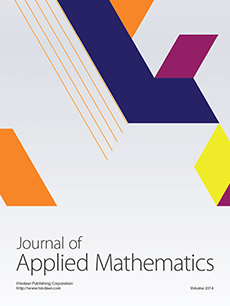Abstract
We presented a new hybrid method that combines cellular harmony search algorithms with the Smallest-Small-World theory. A harmony search (HS) algorithm is based on musical performance processes that occur when a musician searches for a better state of harmony. Harmony search has successfully been applied to a wide variety of practical optimization problems. Most of the previous researches have sought to improve the performance of the HS algorithm by changing the pitch adjusting rate and harmony memory considering rate. However, there has been a lack of studies to improve the performance of the algorithm by the formation of population structures. Therefore, we proposed an improved HS algorithm that uses the cellular automata formation and the topological structure of Smallest-Small-World network. The improved HS algorithm has a high clustering coefficient and a short characteristic path length, having good exploration and exploitation efficiencies. Nine benchmark functions were applied to evaluate the performance of the proposed algorithm. Unlike the existing improved HS algorithm, the proposed algorithm is expected to have improved algorithmic efficiency from the formation of the population structure.
Citation
Sung Soo Im. Do Guen Yoo. Joong Hoon Kim. "Smallest-Small-World Cellular Harmony Search for Optimization of Unconstrained Benchmark Problems." J. Appl. Math. 2013 (SI09) 1 - 9, 2013. https://doi.org/10.1155/2013/635608
Information





